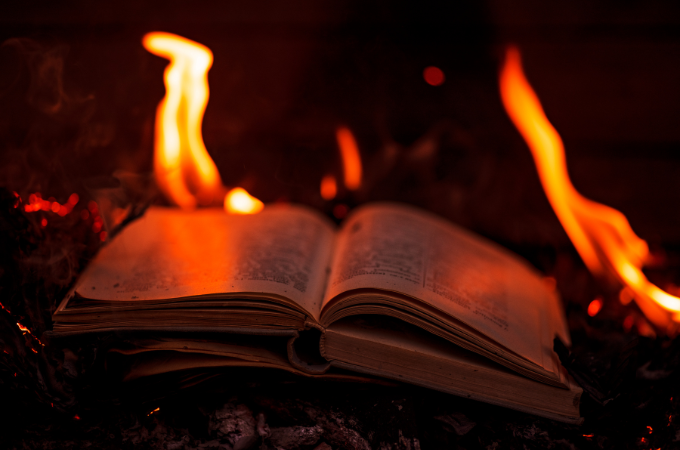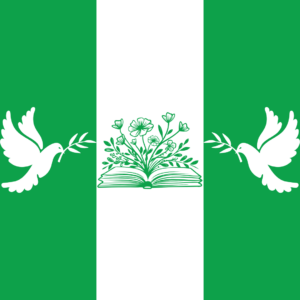
“I think I fell in love with language before I fell in love with poetry.”
Those were the words of my good friend, David Ben Eke, a brilliant poet and law student at the University of Bradford. An Ekpeye man from Ahoada East in Rivers State; the home of the priests and priestesses of the goddess of oil. He had said those words during one of our many WhatsApp conversations about the importance of poetry to the world.
He had poured out his mind to me, heartbroken that one of his friends — a “poetry hater” as he put it — did not understand the point of poetry. It was his broken heart that inspired the writing of this essay. An attempt on my part to mend my friend’s heart, and to perhaps reach the hearts of many poetry haters, hiding from the warmth of a poem’s fire. So, consider this humble essay, a love letter to the poetry agnostic.
Poetry involves capturing fleeting moments, like fireflies, in the sanctuary of your backyard. With the backyard being those intimate spaces where you are welcome, and have the power to upset the balance, at will. A place where you are the destroyer and the creator. A place where you are a god and God in equal measure.
Those who are poetry agnostic are those who flee the comfort of a poem’s fire. To understand their fear, we must first do battle with the thing that makes them afraid. The thing they fear most, after the death chants that line the chambers of their consciences. And that thing is fire; the dancing flame, parading naked before all and sundry. The Lady Godiva in the village square of the human soul. That fire, that thing, that we call “emotions.”
Emotions are fleeting things that should be caught, like fireflies. They are essential for those long nights when we drown in the bodies of portly darknesses, that the flickering green of our emotions — our fireflies — become a much-needed light so that we can breathe.
A human being who breathes in oxygen, who stands atop asphalt, who sleeps upon the ample bosom of a mattress, cannot despise poetry. How can he despise the very thing that created him? The very earth that he stands on. The very thing that he sleeps on. The thing that wafts into his nostrils and seduces his brain, to animate the entire geography of his body?
A poem represents the offering of a thoughtful heart, in the form of a searing prayer. A thing that bears the taste of many agonies yet cloaks the belly with the warmth of its blanket.
A poem is the thing that makes us all priests and priestesses of the goddess of oil. A poem distinguishes us as the children of the earth.
Photo by Freddy Kearney on Unsplash










Marvel Adedayo February 08, 2024 08:46
This was a such a beautiful read. Loved every paragraph even more than the last. Beautiful!